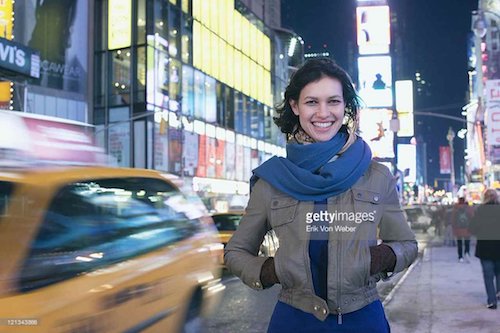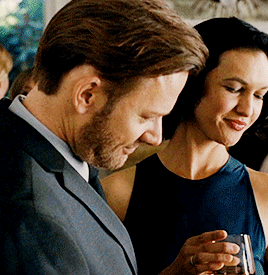
I wanted to like this. I really did. But I'm now 9 episodes into the 10-episode first season, and already I've fast forwarded through the majority of two of them.
[Spoilers Ahead]
This is as much the Lost in Space of my childhood as was the also much-anticipated but ultimately disappointing 1998 film of the same name. That at least had the advantage of Matt LeBlanc pulling off a rather studly Major Don West.
In this reboot, we don't even have that advantage. The beloved robot isn't ours. It's an alien artificial intelligence who crashed on the same alien planet as the Robinsons—after attacking the transport vessel that originally housed the Robinsons and multiple Jupiter spacecraft and colonists.
Dr. Smith is a woman. I have no problem with changing the gender of the main antagonist and lord knows Parker Posey is a wonderful actress, but in this iteration, she's not a saboteur for some unspecified superpower or even the bumbling foil of the robot that the doctor morphed into as the original series progressed. She's simply a pure sociopath and serial liar, interested only in her own preservation and without an ounce of empathy or possessing any redeeming qualities whatsoever. (Remind you of anyone in the news?)
Her name isn't even Smith—nor is she a doctor. She's an identity thief, who stole the ID of the real Dr. Smith (briefly portrayed by and providing a short nod to the original series by Billy Mumy).
While the truly ridiculous (and memorable) aliens and monsters didn't really start appearing in the original Lost in Space until the latter half of the first season, we've seen nothing alien—save the robot itself and some of the native fauna of the planet—in this reboot. Where is the giant cyclops? Mr. Nobody? The Keeper? Hell, where is the bloop? ("Debbie" is a chicken—a chicken—owned by Don West.)
Don West is not a major, or even a pilot. He's a maintenance tech who escaped the transport vessel—along with "Dr. Smith"—under less-than-above-board circumstances. He's a smuggler and a barely-likeable soundrel who, despite the desperate circumstances they find themselves in, seems only interested in enriching himself.) Unlike Dr. Smith however, he is at least proving his worth to the colonists.
Yes, colonists with an "s." Multiple colonists. Multiple Jupiters. Unlike the original series with a single family on their own, this LIS is like a big community cookout. Drama! Intrigue! Adolescent angst! Interpersonal bullshit!
And then there's the family drama. After six—or was it seven?—episodes of John (who isn't exactly the brightest bulb in the box) and Maureen Robinson barely tolerating each other (they apparently were on the verge of divorce before they decided to reunite for the children in order to get them off the dying planet Earth) they find themselves stuck together on the sinking chariot in a tar pit. They apparently worked out their differences and made up after escaping (I don't know this for sure; it was one of the episodes I ended up fast-forwarding through, but they were all kissy-face thereafter).
I have one episode left to watch. Episode 9 ended up with the robot being reassembled after being ordered to step off a cliff by young Will—who was the only colonist who had control of the machine—and now under the control of "Dr. Smith" or whatever her real name is…
Anyhow, IMHO, this reboot has none of the fun—despite an occasional nod in the general direction of (and the end credits music from) the original series. It's all gritty life drama now in a tiring multiple-disaster-of-the-week format.
Will I finish watching? Yeah, with only one episode left at this point I pretty much have to but there's no urgency to do so. I fully expect Will to regain control of the robot and the colonists will somehow manage to get enough fuel made to get off the planet before it's sent hurdling too close to its star by a black hole also orbiting the same star (yeah, I know). The first season will close out with all the colonists escaping—but the Jupiter 2 (with the robot, Don West, and "Doctor Smith" on board) will be sucked into the black hole and miraculously survive, (or will spun out by the black hole's gravity at trans-relativistic speed) and emerge in an even more distant part of the universe, this time on their own for real.
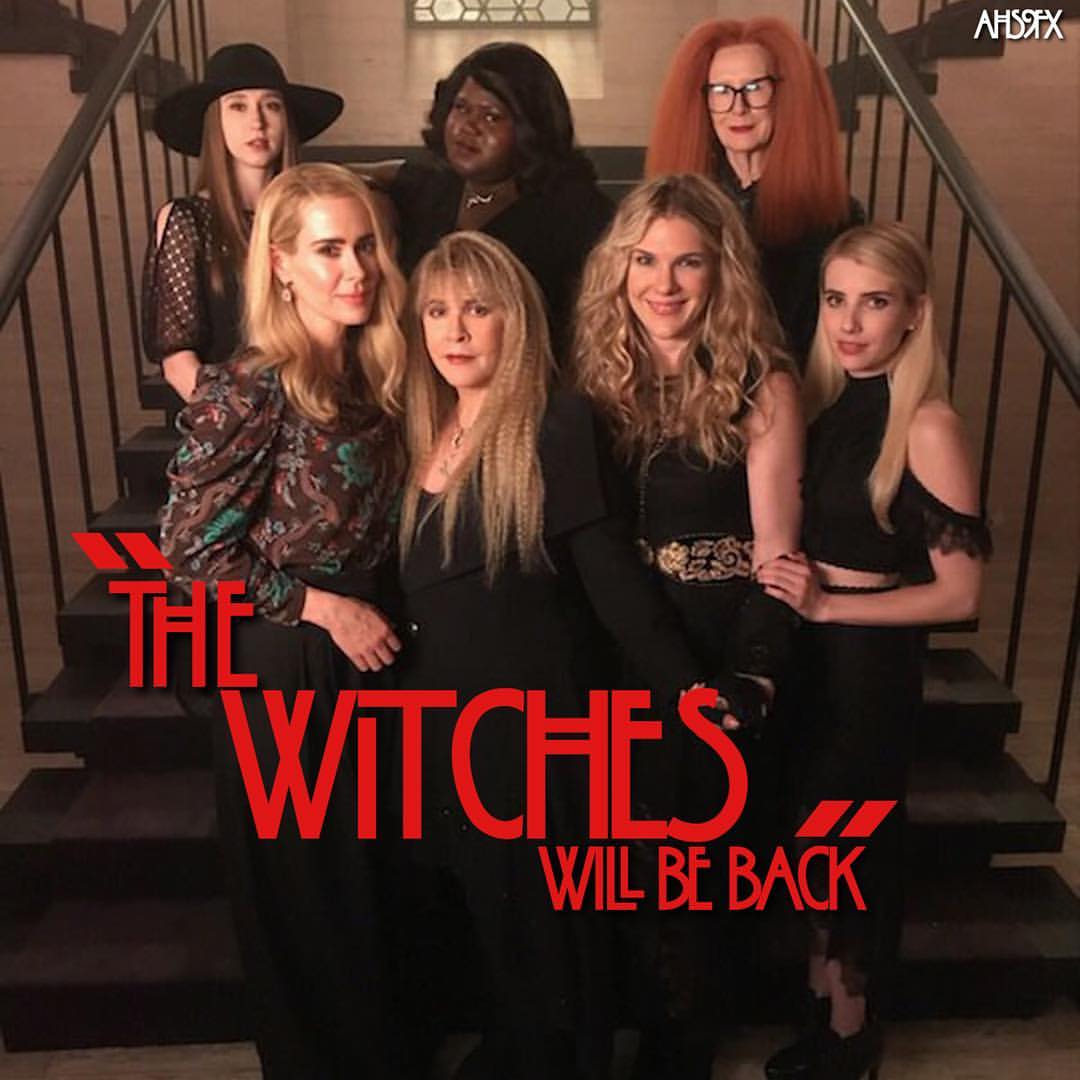

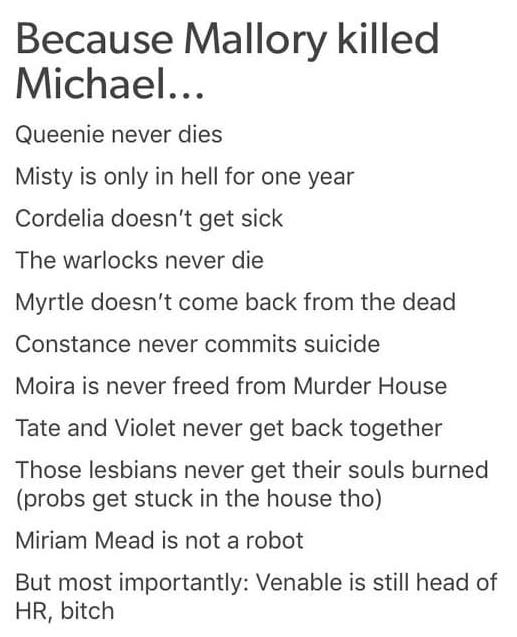
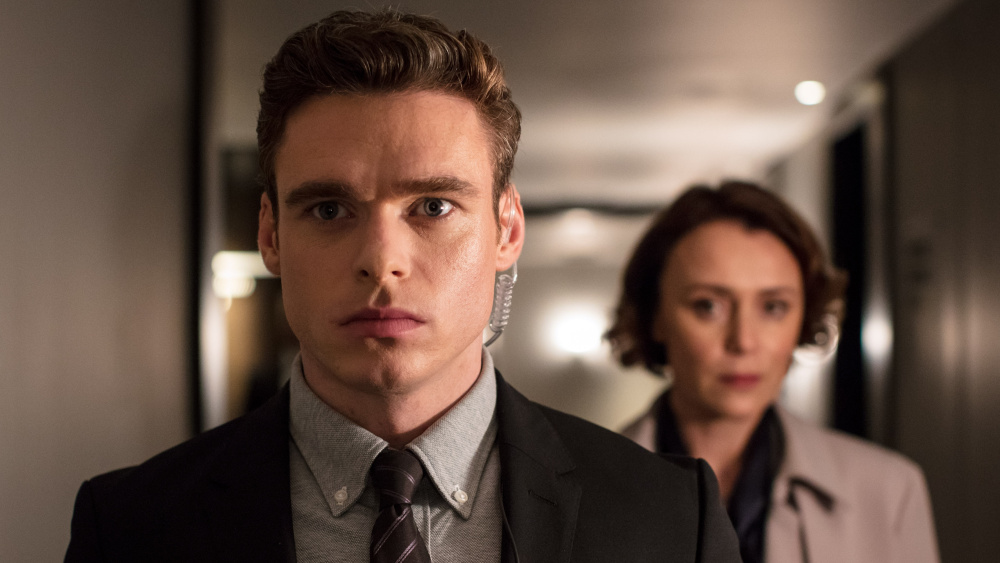
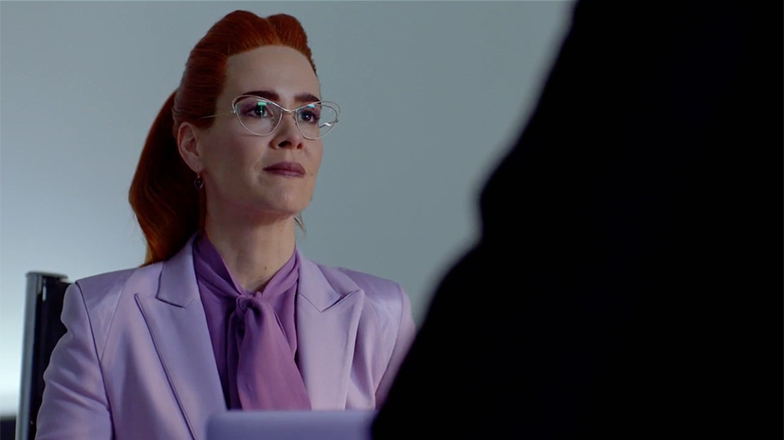
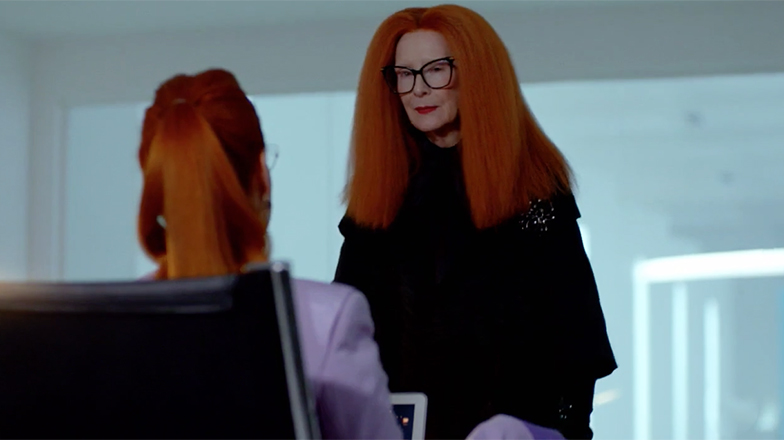
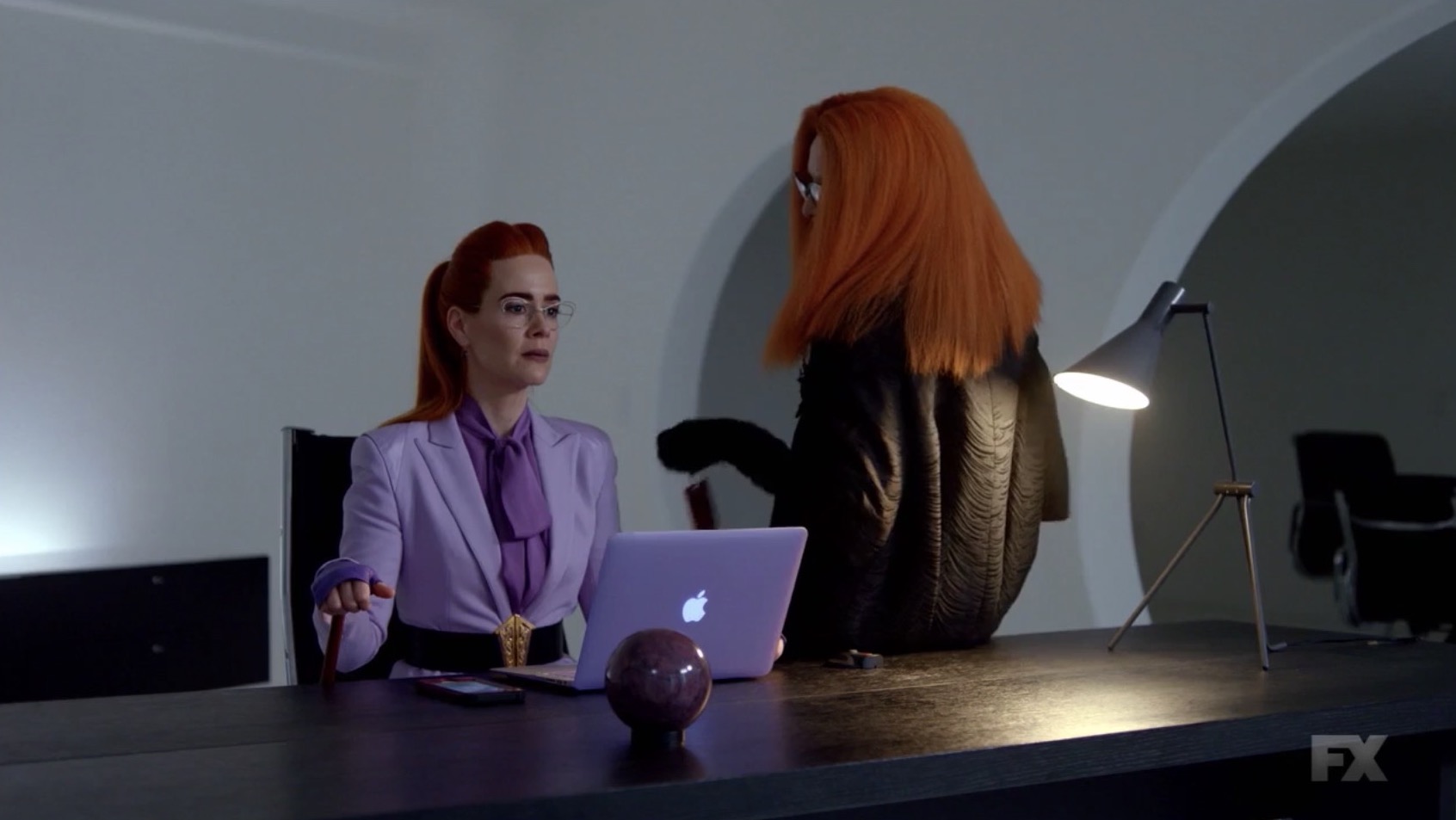
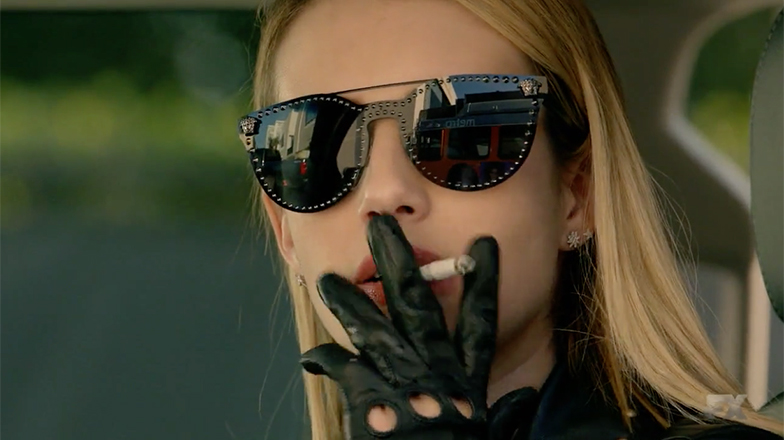
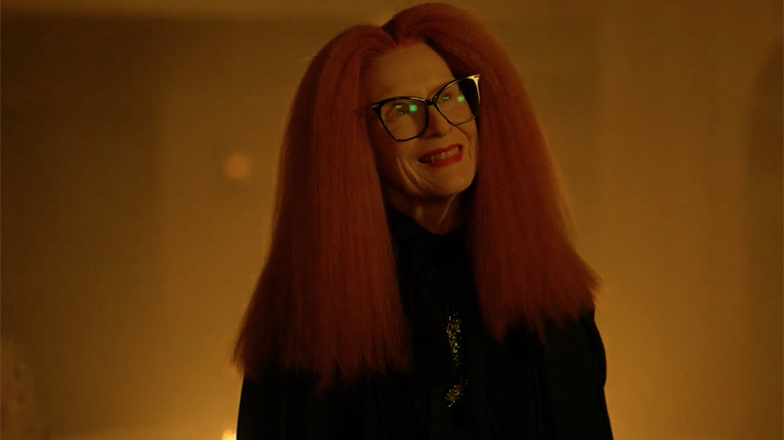
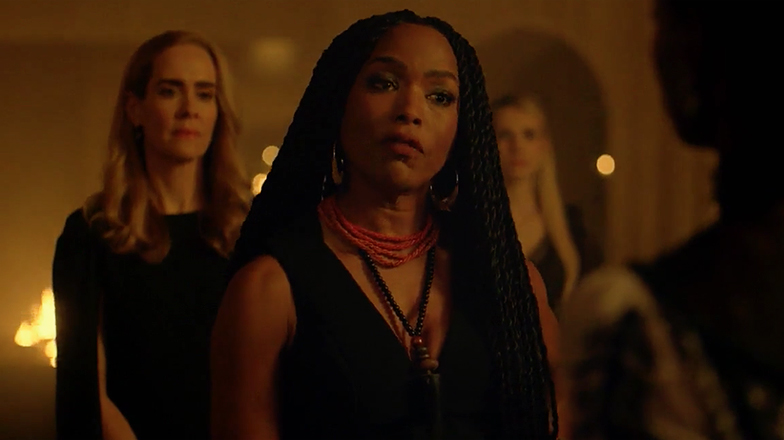
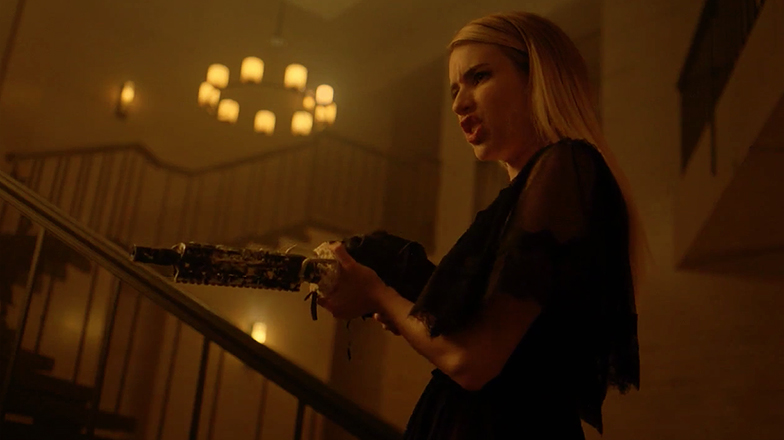
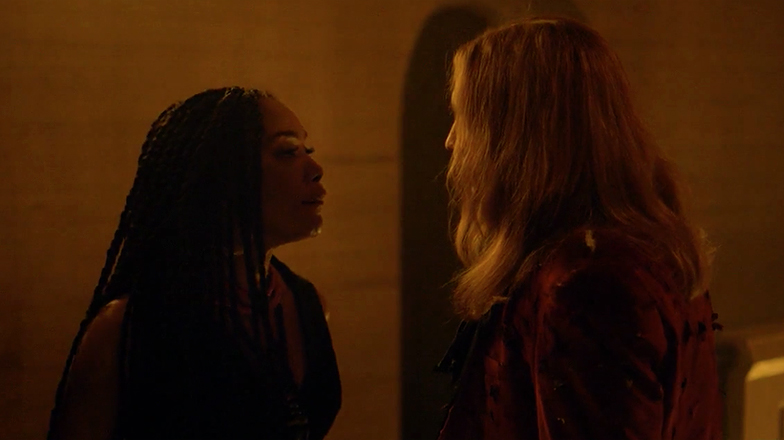
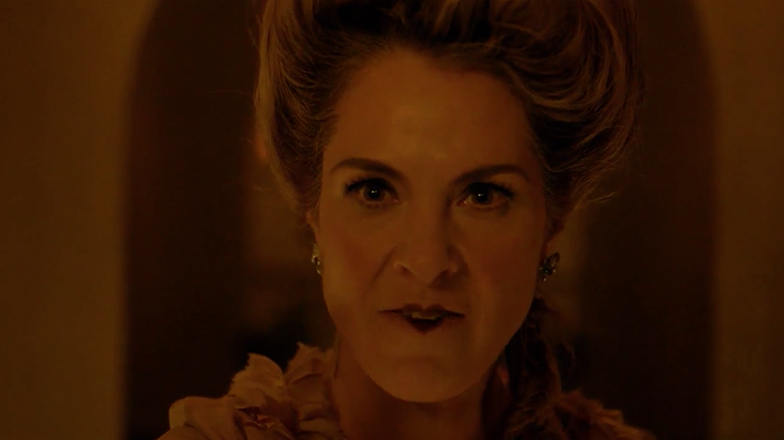
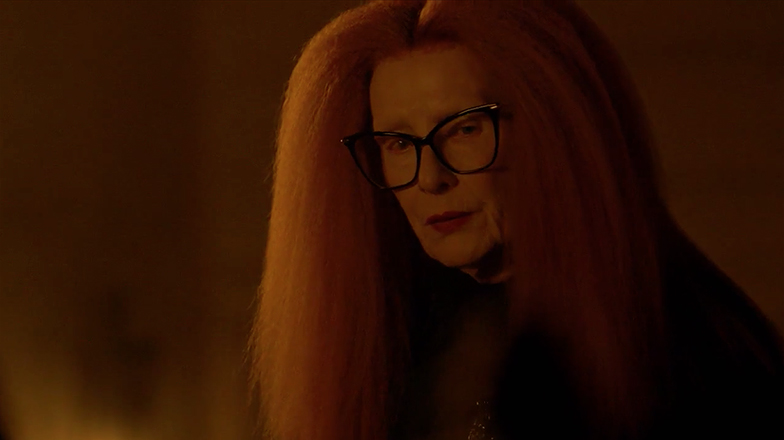
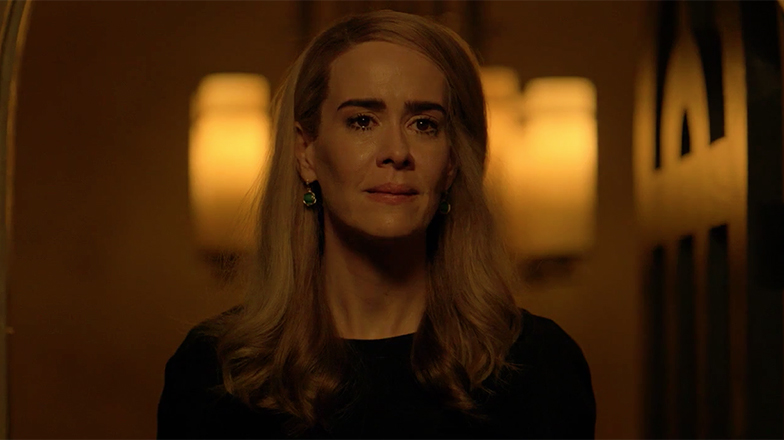
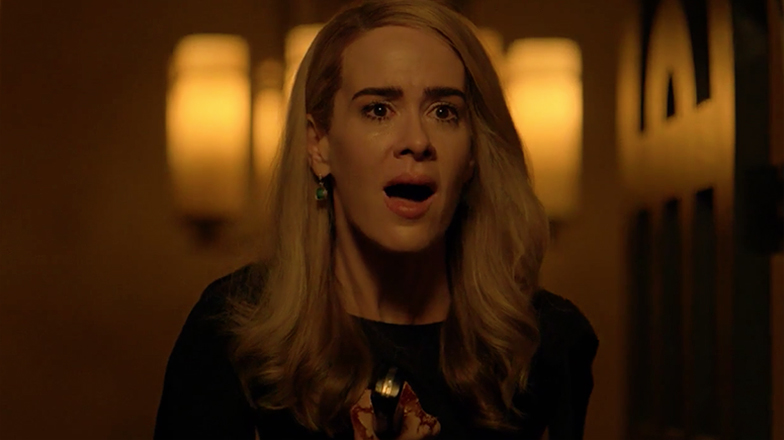
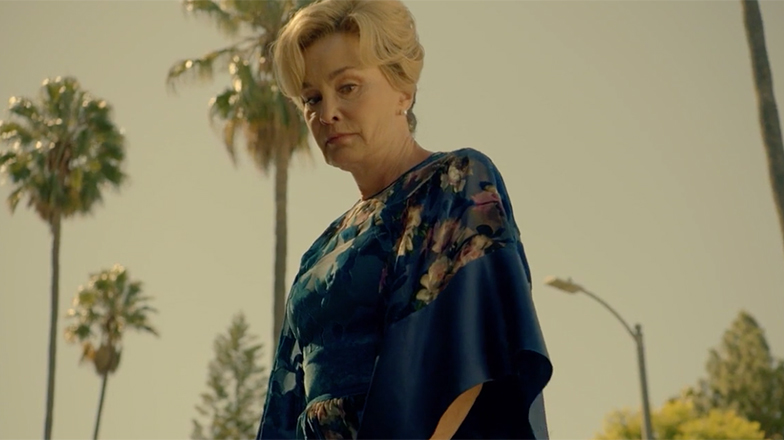
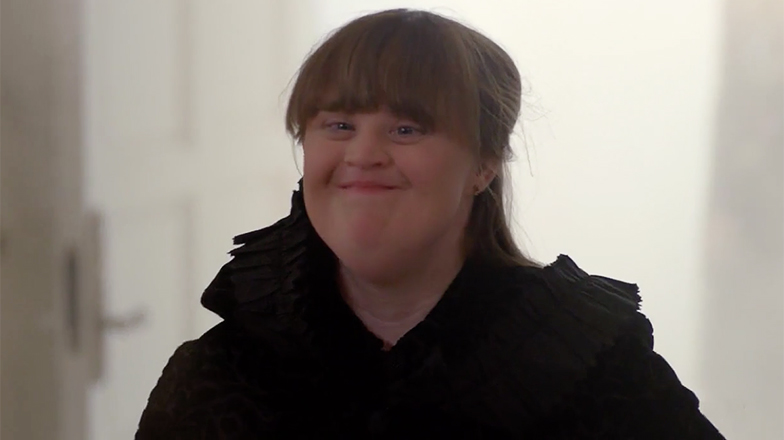
 God, I love Myrtle Snow.
God, I love Myrtle Snow.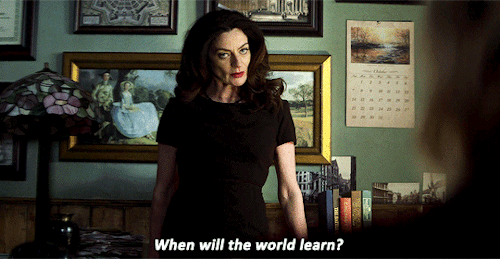
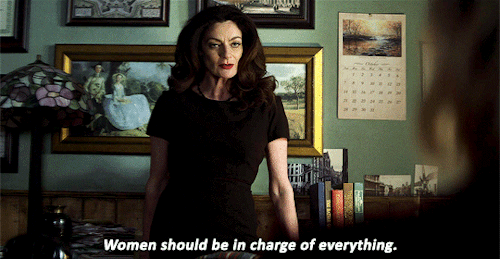
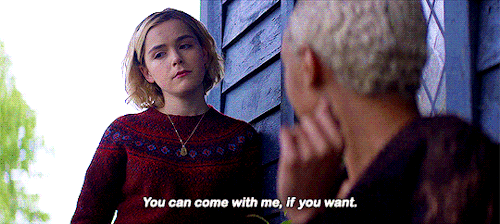
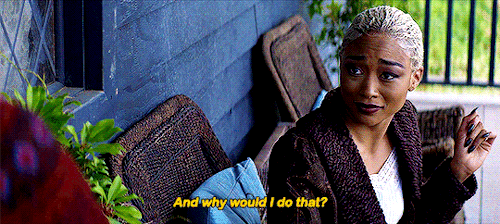
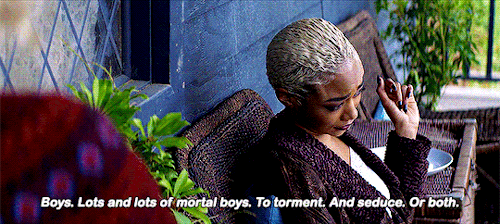
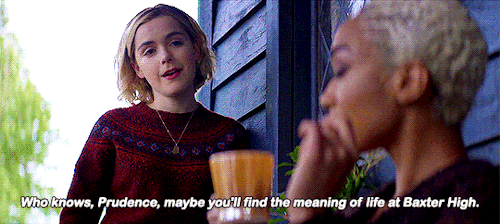
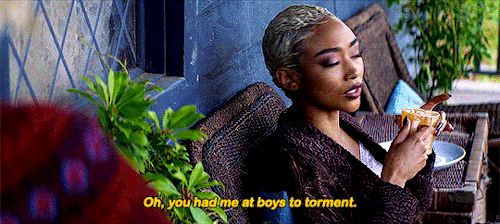
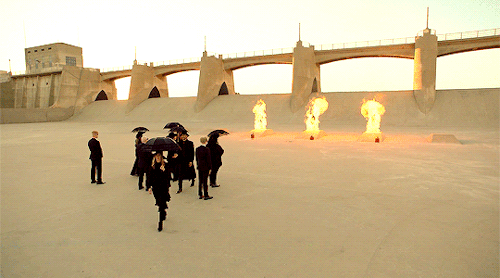
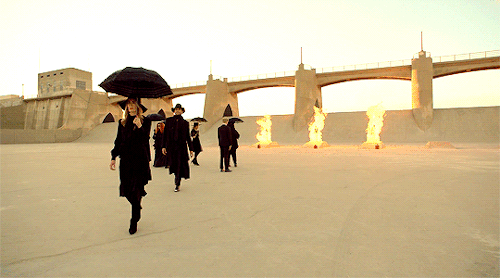
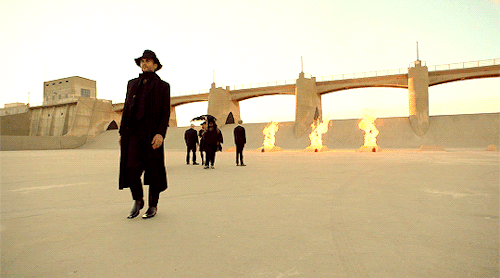
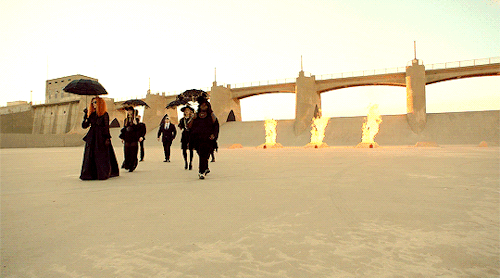
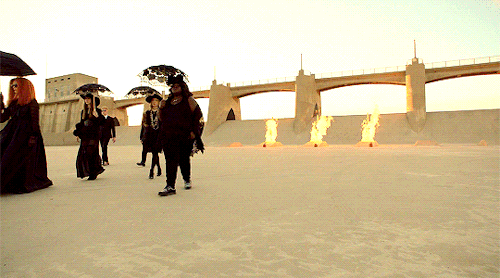
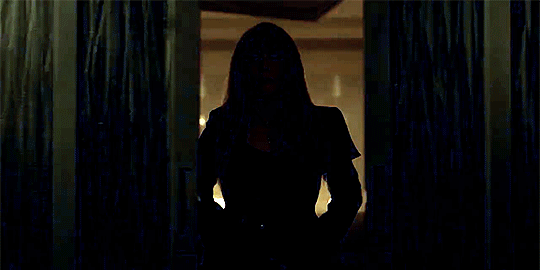
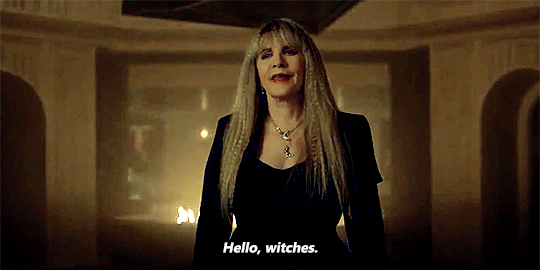
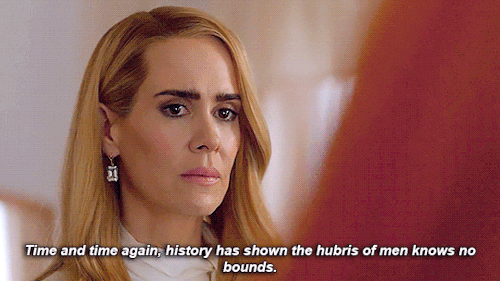
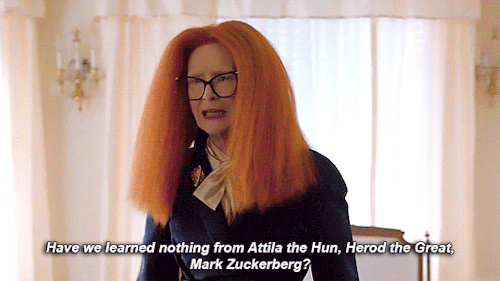
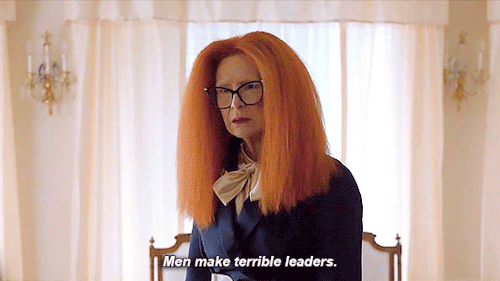
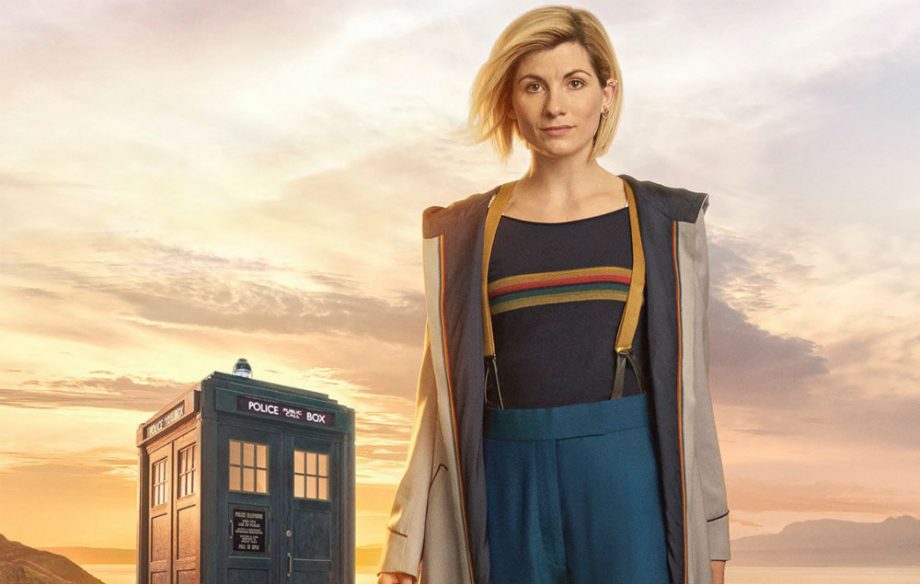
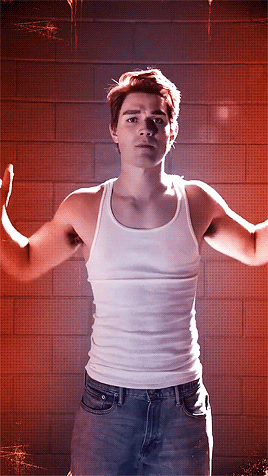
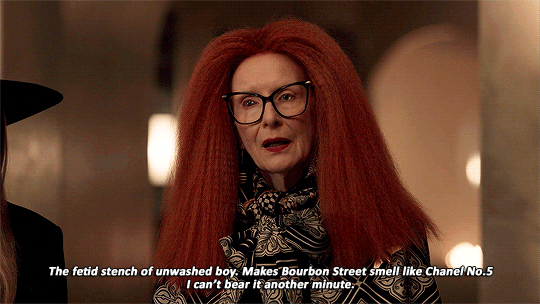
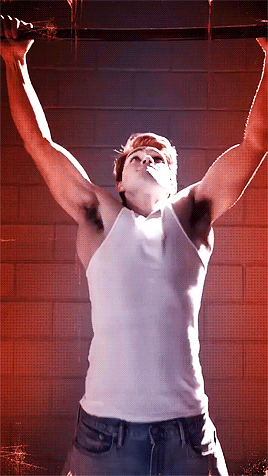
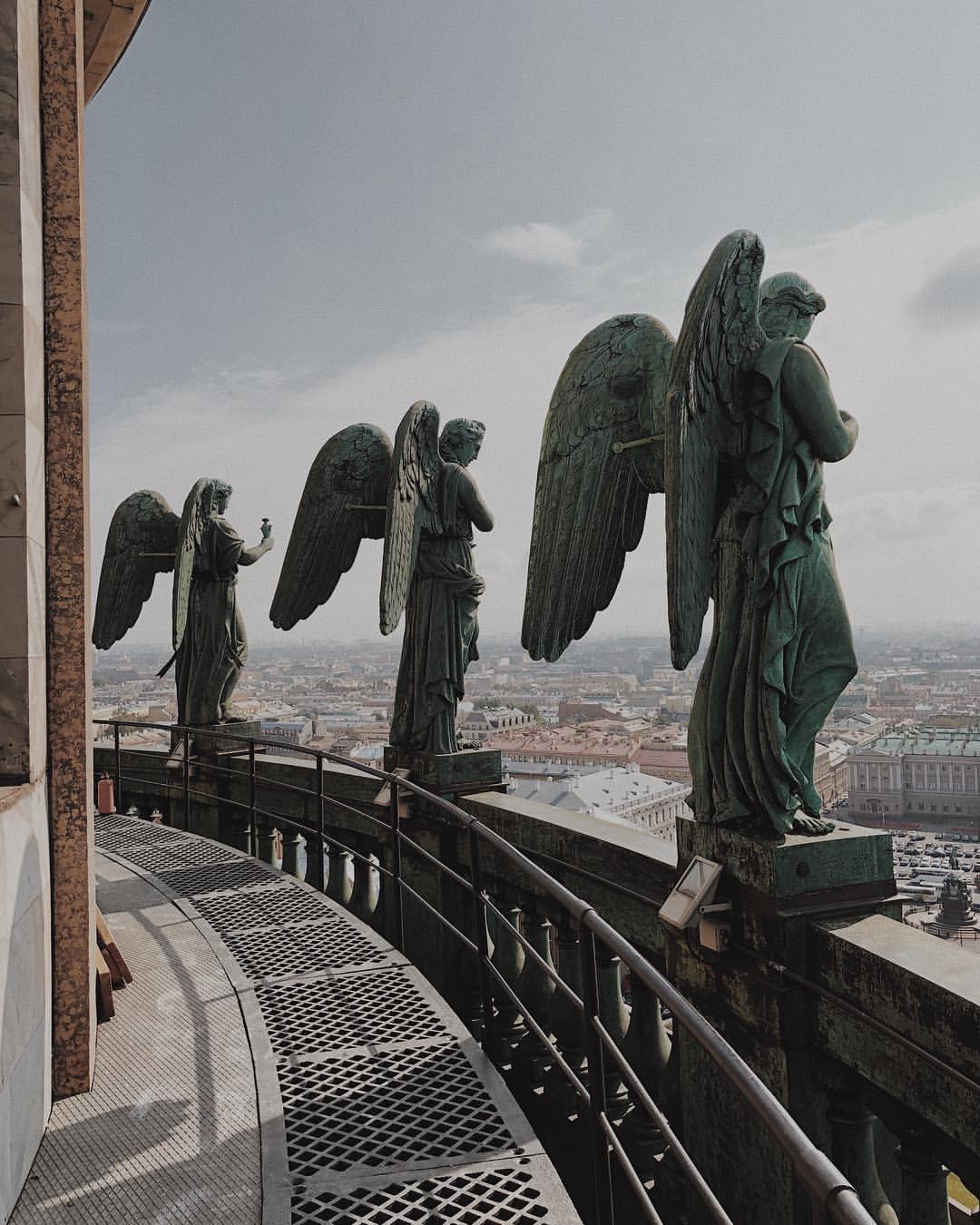
 Obviously, this show is a little out of step with its misanthropy. It's a little out of step with where we're at culturally where it's a time of great optimism and we're all just knocked out daily by the warm bath of humanity that we find ourselves in these days. [Pauses, and then reveals he was being sarcastic.] No, it's a fucking disaster. It's a fucking total disaster. And every time I turn on the news I'm provided with fodder for our discontent. I think our timing might have been exactly right on.
Obviously, this show is a little out of step with its misanthropy. It's a little out of step with where we're at culturally where it's a time of great optimism and we're all just knocked out daily by the warm bath of humanity that we find ourselves in these days. [Pauses, and then reveals he was being sarcastic.] No, it's a fucking disaster. It's a fucking total disaster. And every time I turn on the news I'm provided with fodder for our discontent. I think our timing might have been exactly right on.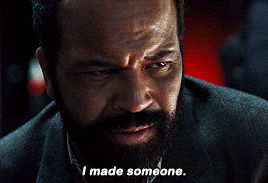
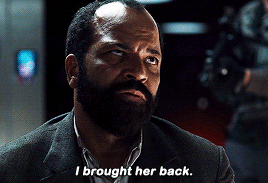
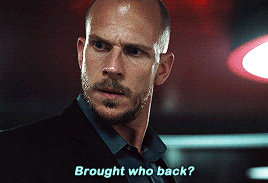
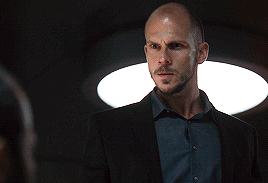
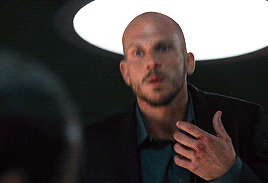
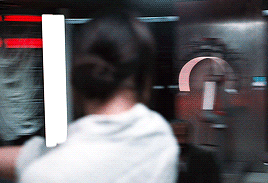
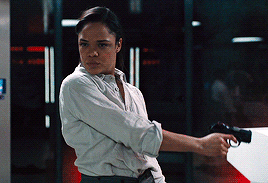
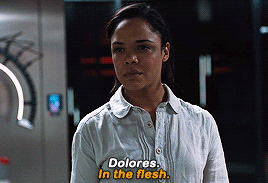
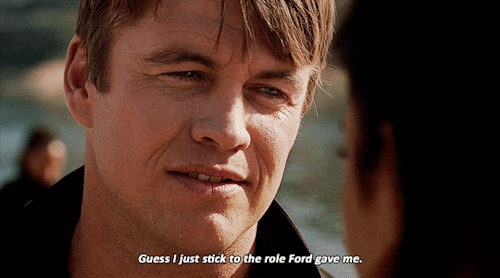
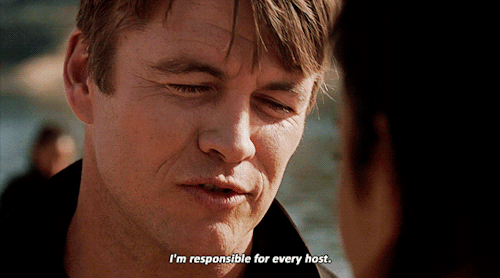
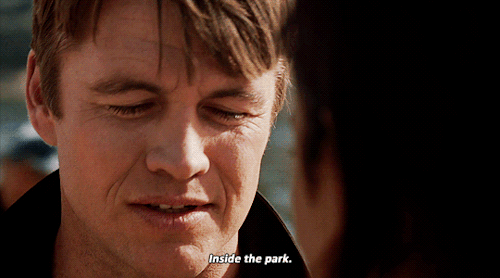













 This is just the tip of Shogun World's prick—an experience expressly designed for the guests who find Westworld too tame." ~ Lee Sizemore, Westworld Season 2, Episode 5, Akane No Mai
This is just the tip of Shogun World's prick—an experience expressly designed for the guests who find Westworld too tame." ~ Lee Sizemore, Westworld Season 2, Episode 5, Akane No Mai



